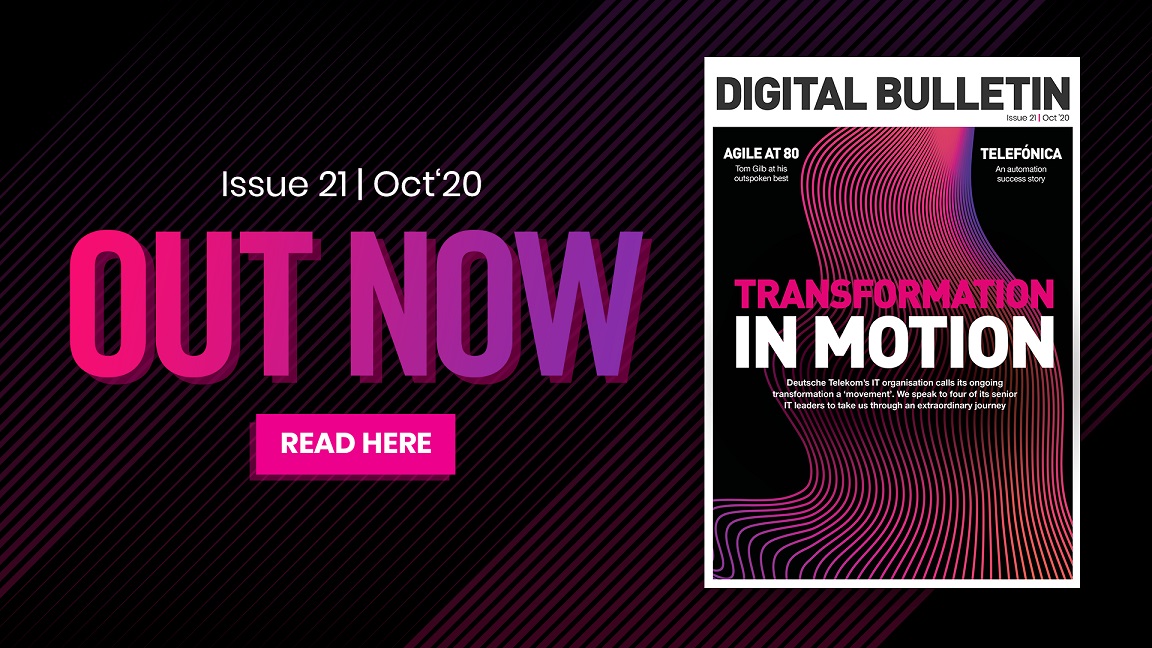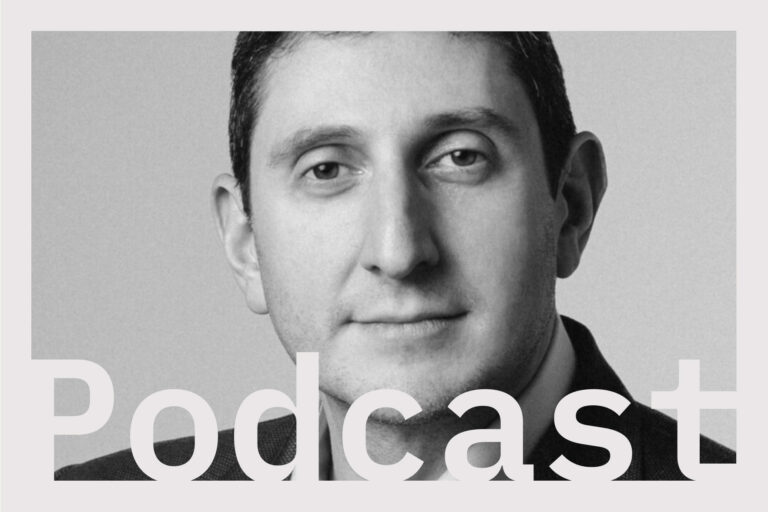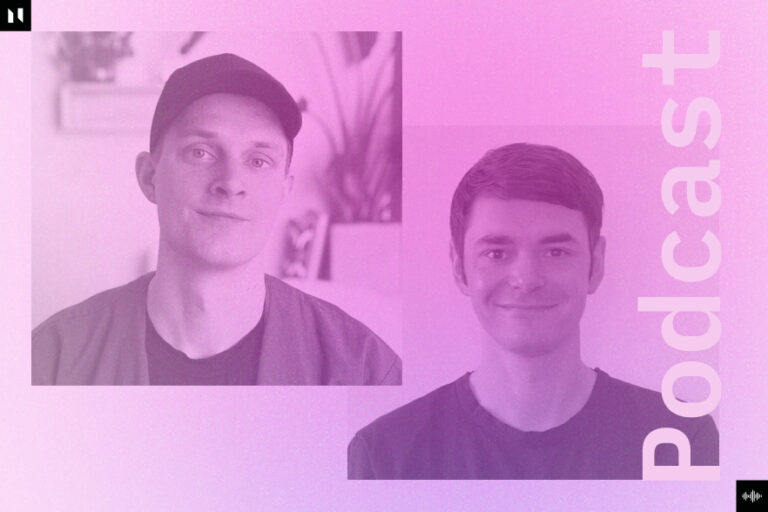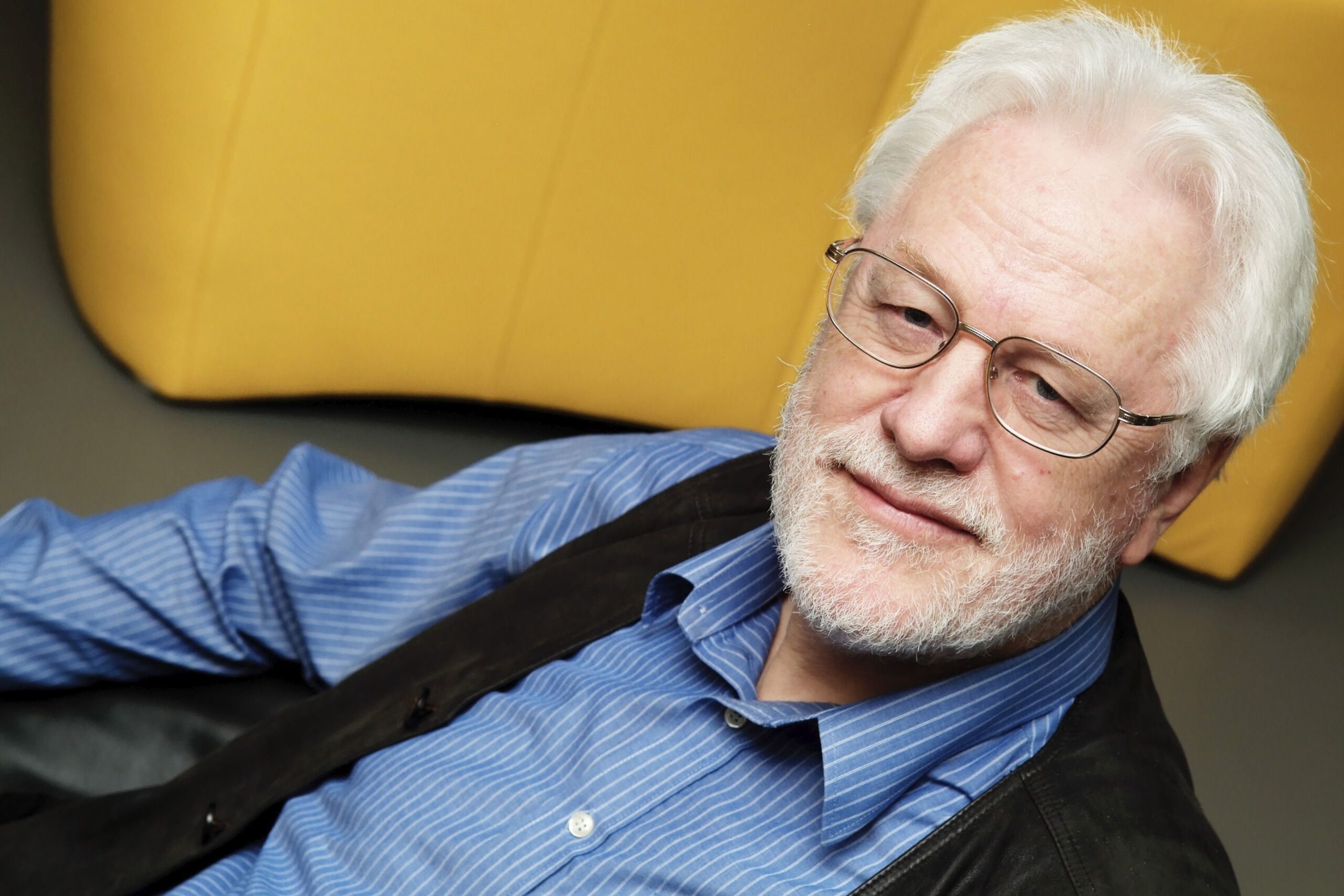
There can be few people who have influenced the world of technology for as many years as Tom Gilb. After talking his way into a job at IBM in the late 1950s as a fresh-faced teenager, Gilb quickly rose to prominence, eschewing the comfort of a position at a technology powerhouse to go out on his own before he turned 20. Over the years, he has worked with some of the world’s leading companies, governments and charities to help them work more efficiently and effectively.
He is probably best known for developing the Evo concept or the “evolutionary systems delivery”, as it is often known. It is widely considered to be the precursor to agile working methods, one of many topics that Gilb writes about vociferously today (he tells us that he has penned five books between our interview and time of publishing). He is not, it is fair to say, shy about making his opinions about how he feels agile has been misunderstood and misused.
When Digital Bulletin learned that we might be able to speak to the man himself, we jumped at the chance. Over the course of an hour, Gilb held court from the porch of his water-front cabin in Norway, on agile, the golden age of technology, being appreciated in his own time and everything else besides. Enjoy…
You joined IBM in 1958 before you turned 18 – how does that happen?
I just walked up to them because I knew they had fun little things called computers to play with. And I said, ‘Here I am, you lucky guys.’ And they said, ‘You look like a smart young man. You can start at the lowest rung of the ladder.’ And I had a job the next day with IBM.
What was it that made you want to work with computers?
We lived in Santa Monica, California until I was 15 and a half, and my parents had friends who messed with computers and I was also interested in amateur radio and building my own transmitters, which is what all the nerds did back then. My father was also an engineer with 100 patents in the United States, so it was always going to be the tech route for me.
IBM really appealed to my altruistic instincts; its slogan at the time was “World Peace Through World Trade” and at the time after the Second World War that was something that attracted me, an altruistic company which had neat stuff to play with.
What does a 17-year-old learn by working at IBM?
Most of the youngest people who got jobs there were graduates, so they were still quite a few years older than me. I was literally put at the lowest rung, which meant I got to take out the carbon copy trash and count all of the board plugs into the warehouse. But I was floating around and what I discovered was that if I saw a group of people around one of the machines, they’re trying to solve a problem, I could walk up and listen for a while and I could volunteer to solve the problem, which was pretty cheeky since I didn’t even know what the problem was. I discovered that I could solve problems by using reasoning, logic and observation. I quickly got a reputation as the go-to man to solve problems, which took me one rung up the ladder.
It sounds like you were given a lot of freedom at IBM?
I did, I had managers that gave me the freedom to do almost anything I wanted to do, and that was noticed by others who would ask why I was allowed to just play around and have fun. I was told that the answer was that I was so productive one day that they didn’t care about what I got up to for the rest of the week. They allowed me to teach myself about all of the machines and programming language.
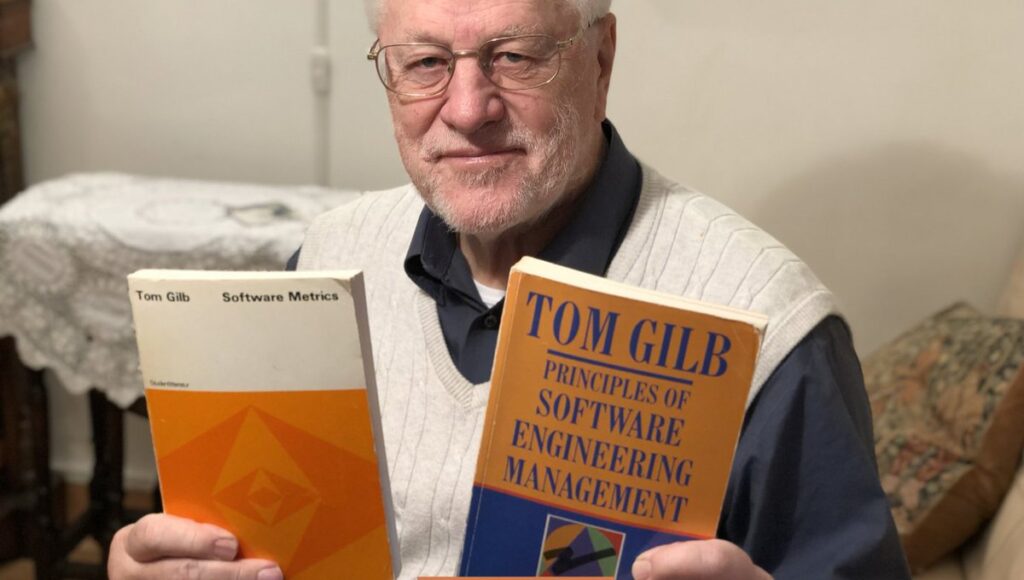
Is that something that as an industry is probably lost today? I can’t imagine many people are allowed to take up a position in the big tech companies and be given the creative freedom to tinker and learn from their mistakes
Anybody can do it, but sometimes you have to do it on this side and do it at home. I think people have more freedom to learn what they want and do what they want and feel more constrained than they really are. There is a fear of losing a job, but it’s not one that I ever had.
Many people in your position would have stayed with IBM for life, but you wanted to go out on your own, why?
By 1960, I was suddenly running my own little consultancy. I went back to IBM for three more years later on in my career. But aside from those, the five years at IBM, I’ve been my own boss for all the last 60 years, or whatever it is, which has given me enormous freedom. Too many people sit in jobs they hate.
That early period of consultancy was where you came up with the Evo concept?
Yes, it was as early as that. I’d taken a job to set up a computer system with an IBM client, which I delivered in 20 steps, which was more automated and which worked and delivered to the customer – that’s my description of agile. Step-by-step, deliver value, lock it in and move to the next. I didn’t have a name for it, I didn’t learn it. My intuition said all this technology is very complex, even IBM – delivering the machines – has no experience and doesn’t know what they’re doing. There’s nobody to teach you.
It’s like walking in the dark, you’ve got to tread very cautiously and make sure you’re taking everything step-by-step. I did that and it was successful and that immediately taught me that agile is successful. All agile from that point on was always step-by-step. I could always compare myself to other projects where they did ‘big bang waterfall’ and fell flat on their faces and failed in many, many cases. I said, ‘Okay, you want to avoid failure? Do it step-by-step’.
Agile is a method that is still around today and is going through something of a boom currently, how do you reflect on that?
From day one of the agile manifesto, it’s been a corrupted version. I have always been clear that it’s the delivery of value at each step which counts. But that part about delivery of value has fallen by the wayside, it’s not even mentioned. Now it’s about delivering working code, which in their mind is value, but you can deliver code without delivering value to stakeholders and you can also deliver value without delivering code, which has been completely forgotten.
I call it agile, the coding version. And then I have my agile, as it should be, which is focusing on delivering value to stakeholders – verbal value. And I’m still fighting that business. And I’m still a minority weird person who irritates people, talking about engineering a system rather than programming a system.
Is that an argument you believe you can win?
I have turned around very large organisations, the likes of Boeing, Hewlett Packard, Intel, Ericsson, and a lot more besides. I’m talking about 20,000 engineers at Intel, so I’ve already done my conversions with those who were ready to be converted. And you notice all of those were engineering cultures. They were not IT cultures. It’s an easy win, I give them a better way of engineering their software and they’re ready for it.
We have a culture in IT where people are looking for the latest fashion but they don’t take any responsibility for the success or failure of their projects – it’s unethical and immoral and it should be illegal. We have a whole culture that doesn’t care very much and therefore they’re not going to jump in and adopt my ideas.
But I have a thing, if you look at history, a lot of people have laid down ideas a long time ago. Let’s go back to the Greek philosophers, they’re famous today for their ideas and people use them and teach them. So, I’m sort of hoping that I’ve probably done what I can do in the receptive world, the engineering world, but these IT people probably won’t sort them out in my lifetime, there’s no hope of that happening in the next 50 years. But that’s why I write five books every summer about knowledge, education and engineering.
We have a culture in IT where people are looking for the latest fashion but they don't take any responsibility for the success or failure of their projects – it’s unethical and immoral and it should be illegal
You started writing books 50 years ago and have been prolific since. What is your motivation for doing so?
My father loved to publish patents and my mother was a playwright and actress, so I think I probably got some of that. I love to sit down and write because when you do that well you know that it can be shared with a million people, maybe not this year or next, but maybe in 100 years. Some people won’t accept it today, but it’s there for future generations. I don’t have the money and the glory today but I like to think I’ve done my bit.
You have seen the world pivot from the pre-internet age to one where everything is interconnected. How have you found what has been a huge transition?
It’s been amazing and means the poorest person can get access to knowledge. I think what it does is accelerate the speed at which we change. There will be some bad because bad people will use good ideas to fight against you and you can’t stop that without just turning off all the knowledge. It means things like I can publish five books that I wrote last summer and give them away for free. And I just hope they get in the hands of just one good person who will spread it even better than I can, because they can popularise it better than I can or something like that. I’m not somebody who is going to care if someone steals my ideas or sue them, I’m going to clap them. It is important that ideas are free and freely available.
When something is digitalised, it is very difficult to kill off, it’s in someone’s computer or a library. And then people will ultimately choose ideas that work well for them. And I’m hoping my ideas are in that class. There’s an awful lot of stuff out there that is at least in agile, which frankly doesn’t work, won’t work, can’t work, has no hope, but people insist on mucking with it.
As a one-man band, what are some of the lessons you’ve learnt along the way?
I’ve never bid on a project, I’ve always been invited. When you’re invited to work on a project it means there is a need and a hope that your ideas can be adopted. If you knock on a door then the chances are that they’re not ready.
Also, being a loner has allowed me to build up my reputation and opened doors to opportunities. I like to do volunteer work for charities but I’ve also given my time to Ministries of Defence in three countries, which might seem strange from a conscientious objector. But I do so because I hate the thought of a third World War happening because of poor planning. And by doing that work for free it means that they don’t have to go through all of the bureaucracy of signing me up as a contractor.
Are we living through a golden age of technology or is that recency bias?
If you look over the last 100 years, we’ve had enormous technological leaps, even before computers were widespread. Whether it is recency bias, who cares? What we are living through is really exciting. At 80, I’m hoping to live to 100 or 110 just so I can see what is going to happen. It is going to be fun.
Is it possible for you to switch off from technology?
My wife would say that I never do, and that I’m always on the computer. When I’m in London I like to go to a concert, ballet or play every night of the week, so that is how I get away from it. I also read about 35 books a year, half fiction and half non-fiction. I also consume a huge amount of history television, from aliens to the Second World War and science, it is amazing what is on public television.
I also have many children and grandchildren so I have a rich family life, which is another way of enjoying life. My cabin in Norway also helps, if I’m pondering a page of a book I can look up and see a sailing ship go by. So, I have a large number of ways to relax and I use them all.
How would you like to be remembered?
My father on his tombstone has his name and ‘Inventor’, that’s how he wanted to be remembered. So, something similar for me, maybe I’d go for ‘Creatively Helpful’.
